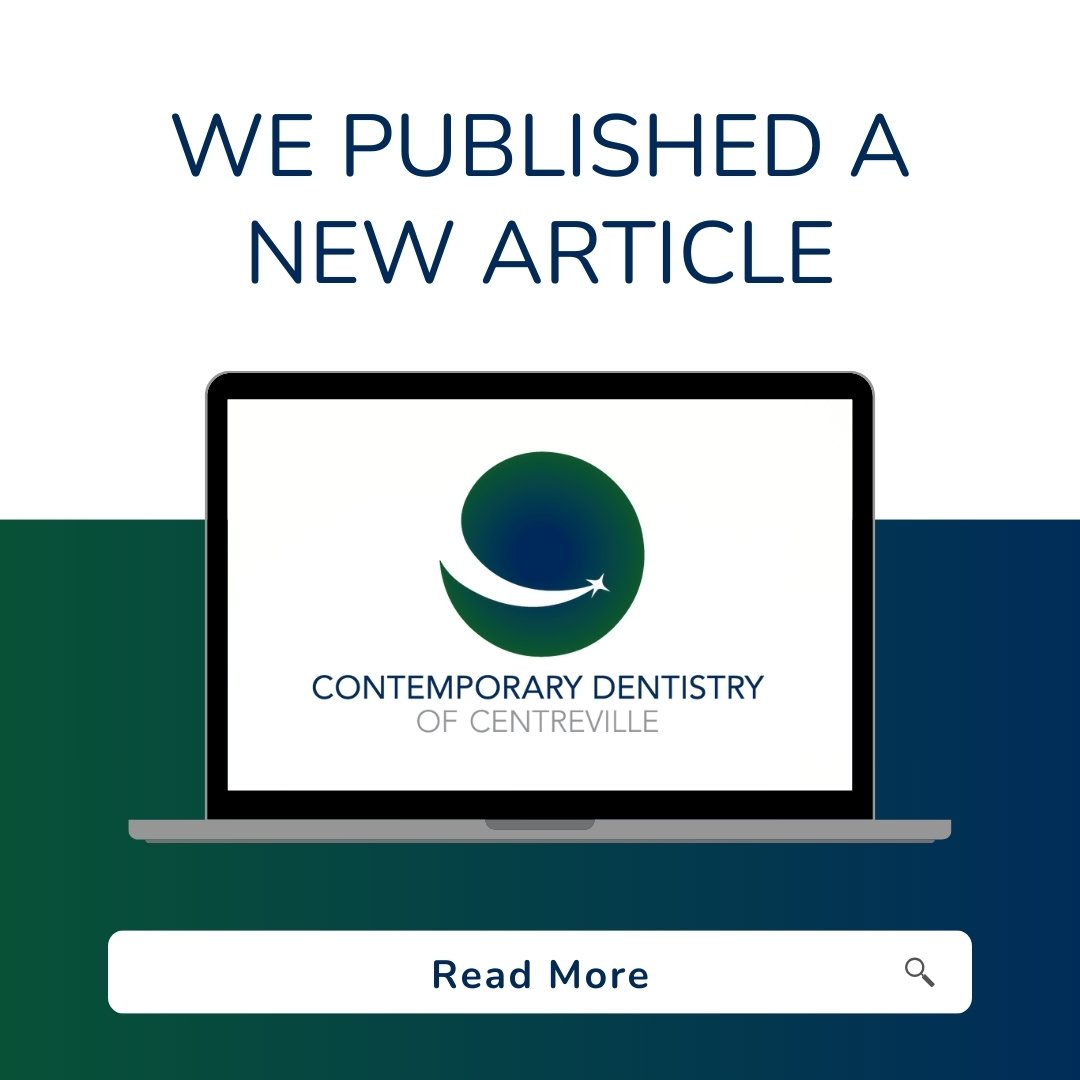
BEING A PARENT, though wonderfully rewarding, can also be stressful and full of uncertainties, especially when it’s your first child and everything is new and overwhelming. Our practice might not be able to take away all of the uncertainties, but we can certainly help you out when it comes to pacifiers and thumb sucking and their effects on your child’s dental health.
Benefits of Thumb Sucking And Pacifiers
According to the American Dental Association, it’s a natural reflex for babies to suck on things. They find it comforting and soothing, which means that allowing thumb sucking or giving them a pacifier can help them feel happy and safe as they grow from infancy to toddlerhood. At this stage, are many benefits to pacifiers or thumb sucking, for the baby and for the parents:
- It helps your baby sleep (which also helps you sleep).
- It keeps your baby calmer when separated from you.
- Studies have shown that pacifiers reduce the risk of SIDS (Sudden Infant Death Syndrome).
When To Wean
One of the main concerns parents often have about thumb sucking in particular is whether or not it will cause their adult teeth to grow in crooked. This certainly can be a problem, but not for toddlers. Most children will stop sucking their thumbs on their own by age four. If they don’t stop on their own, this is when it becomes important to encourage them to stop.
If vigorous thumb sucking continues around when they start getting their permanent teeth, it can lead to changes in the palate that affect the permanent bite. Dental alignment and bite issues are less common with pacifiers because breaking that habit can be as simple as taking the pacifier away if they’re still using them by age three.
For more information about weaning your child off of their pacifier, watch the video below:
Thumb Sucking And Pacifier Don’ts
Because these sources of comfort don’t cause damage until the adult teeth are coming in, it isn’t necessary to attempt to break your child’s habit before the age of four. Younger toddlers in particular aren’t old enough to understand why parents want them to stop sucking their thumb or pacifier, so they’ll only get upset.
When you do want to wean them off thumb sucking, be careful with topical aids that make the thumb taste unpleasant, because they can be ineffective or even harmful.
Weaning Strategies For Thumb Suckers
Ideally, you’ll be able to wean your child off thumb sucking before they turn five, but if your child is close to age six and is still an avid thumb sucker, it’s definitely time to get serious. Here are some safe strategies you can use:
- Praise them for successes rather than scolding them for continued thumb sucking.
- Use a rewards chart so they can see the goals they’re working towards.
- Make sure they have plenty of activities to do with their hands, like arts and crafts.
- Put socks on their hands while they sleep so that they don’t have access to their thumbs. You may need to tape the socks in place so they can’t pull them off.
Bring Your Concerns To Us
Don’t hesitate to talk to us if you’re worried about your child’s pacifier use or thumb sucking habit. We can answer any other questions you may have and help you come up with a strategy to safeguard your child’s healthy dental development.




















